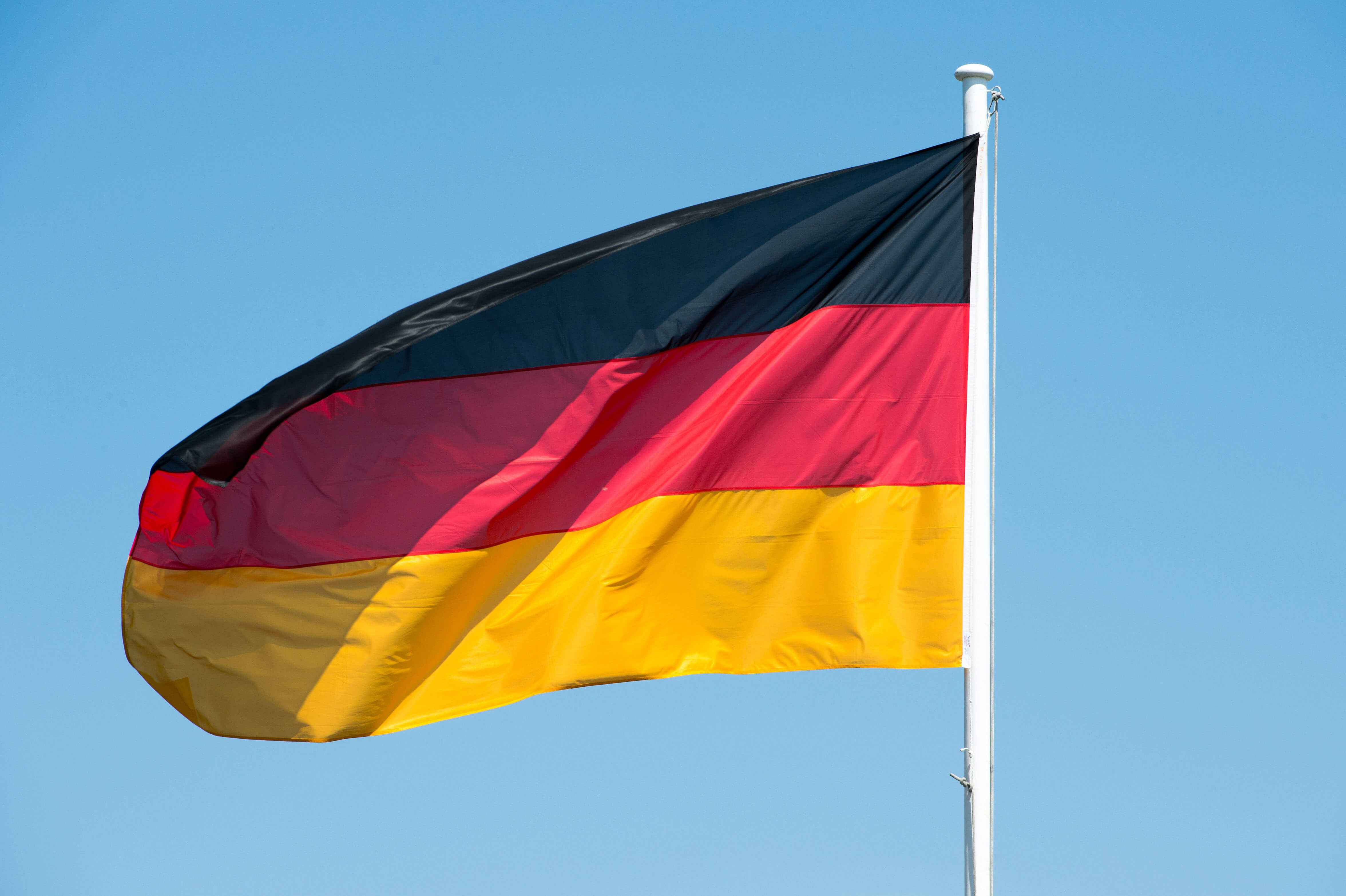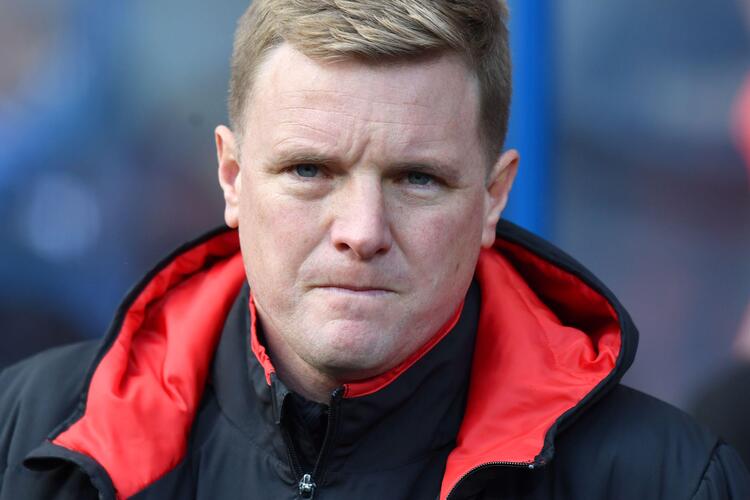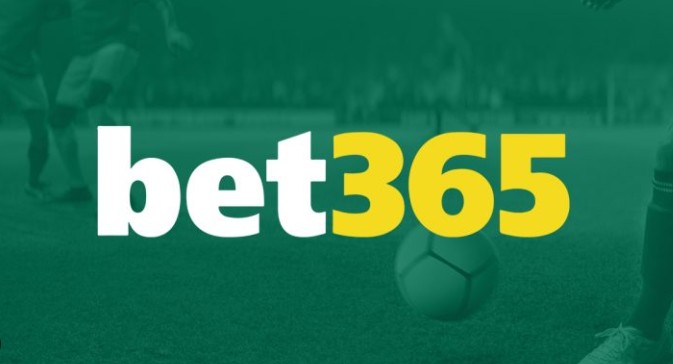Amid recent political developments and the upcoming vote of confidence in mid-December, Germany is expected to hold new Bundestag elections on February 23, 2025.
Who will enter the Chancellery as the next chancellor? Mybettingsites.co.uk has provided odds for the possible contenders.
| Candidate | Party | Odds | Probability |
| Friedrich Merz | CDU | 2.50 | 40% |
| Alice Weidel | AfD | 6.0 | 16.67% |
| Robert Haabeck | Die Grünen | 11.0 | 9.09% |
| Olaf Scholz | SPD | 16.0 | 6.25% |
| Other | – | 21.0 | 4.76% |
Friedrich Merz (CDU) – Odds: 2.5, Probability: 40%
Currently the top favourite according to MyBettingSites, Friedrich Merz has distinguished himself with his conservative views and stable leadership qualities, gaining strong support within his party and among the electorate. His policies resonate particularly in these times of economic uncertainty and security concerns.
Alice Weidel (AfD) – Odds: 6.0, Probability: 16.67%
Alice Weidel from the AfD has gained substantial ground, especially in eastern Germany. Despite her popularity, the AfD is practically excluded from the chancellorship due to a lack of coalition possibilities with established parties.
Robert Habeck (The Greens) – Odds: 11.0, Probability: 9.09%
Robert Habeck, a prominent figure in the current government, has already announced his candidacy. However, since the Green Party has lost support since forming the coalition, his odds of becoming chancellor are considered low.
Olaf Scholz (SPD) – Odds: 16.0, Probability: 6.25%
The current chancellor, Olaf Scholz, is currently expected to run again. However, according to the odds his chances are slim.
Others – Odds 21.0, Probability 4.76%
The category includes potential candidates from various political directions, including other SPD members or the Sarah Wagenknecht Alliance. While the individual probabilities may vary, there is a market for outsiders who might have a chance at the chancellorship.
Why betting odds are valuable as a predictive tool
Betting markets offer an intriguing alternative to traditional polls, as those betting with financial interests are more likely to express their true convictions. Polls, by contrast, provide only a snapshot and can fluctuate due to short-term shifts in opinion. In the US, betting markets identified Donald Trump as a clear favourite early on, while polls had predicted a close race.
Betting on political events, including the chancellor election, is not legal in Germany. The odds presented here are solely for evaluating each candidate’s chances. (Data as of November 14, 2024.)








